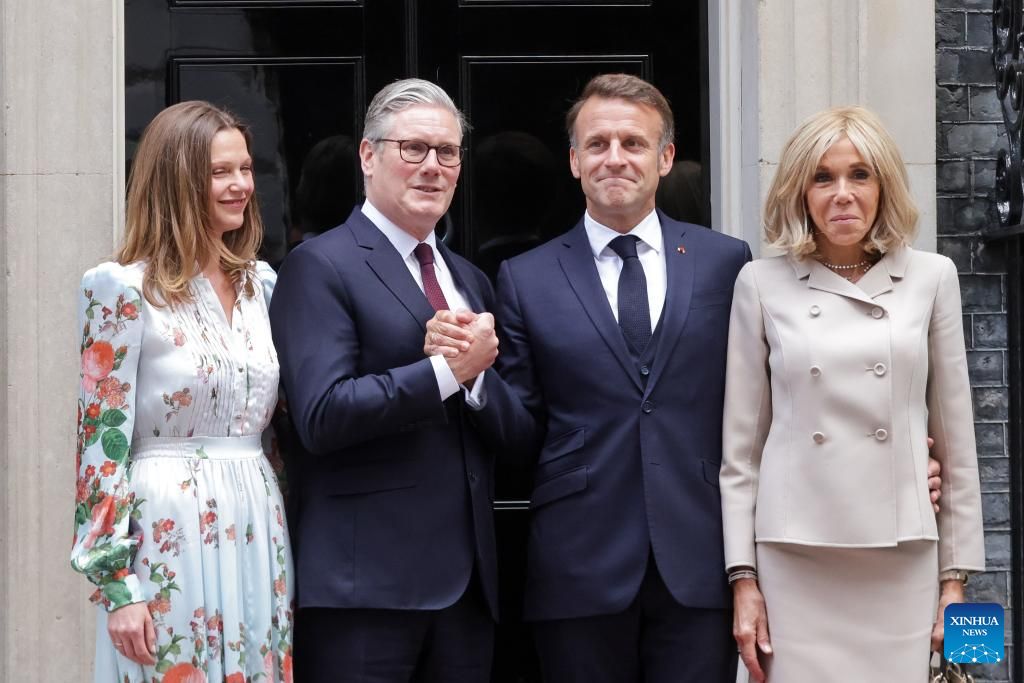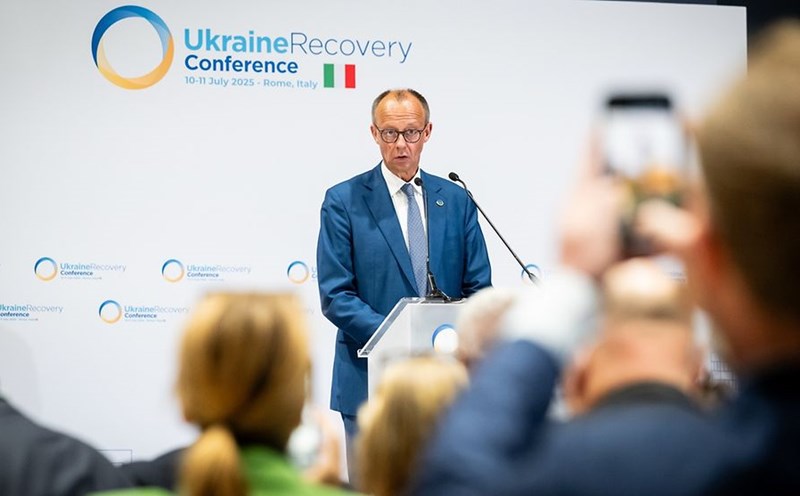The UK and France have announced a new deal to strengthen their nuclear arsenal, citing what they see as an increasing "threat" to security in Europe.
Russia called the move part of NATO's open anti-Russia policy, warning it would include the deal in its military plan.
In a joint statement titled Northward Declaration on July 10, British Prime Minister Keir Starmer and French President Emmanuel Macron affirmed that their nuclear forces are aimed at protecting the vital interests of the two countries, and that although the two nuclear arsenals remain independent, they can coordinate to contribut significantly to the common security of the NATO alliance.
British Prime Minister Keir Starmer welcomed the joint statement and warned NATO opponents that "they will understand that any extreme threat to the continent will be met with backlash from our two countries."
Meanwhile, President Macron affirmed that this is a message that both partners and opponents must listen to, while denying information that the new agreement is related to the plan to support Ukraine after the ceasefire.
In addition to nuclear coordination, London and Paris have also pledged to expand joint deployment units, bringing forces to a state of genuine combat readiness - a clear step to deter Russia.

According to the International Peace Research Institute Stockholm (SIPRI), the UK currently maintains about 225 nuclear warheads, while France has about 290. This figure is much smaller than the US and Russia - each country has over 5,000 warheads - but the strength of coordination between the two NATO nuclear powers is still considered a significant strategic change in the region.
Immediately after the Paris and London statements, Russian Deputy Foreign Minister Sergey Ryabkov warned: "The potential for cooperation between the UK and France - the two closest allies of the US in NATO - cannot be ignored."
Once this nuclear coordination is institutionalized and placed on a stable foundation, we will not only react politically, but will integrate it into a specific military plan, Ryabkov stressed in the RBK daily.
Previously, in March, President Macron caused controversy when he proposed expanding France's "nuclear sector" to European allies. At the time, Mr. Starmer opposed the dissemination of nuclear weapons to new countries.










